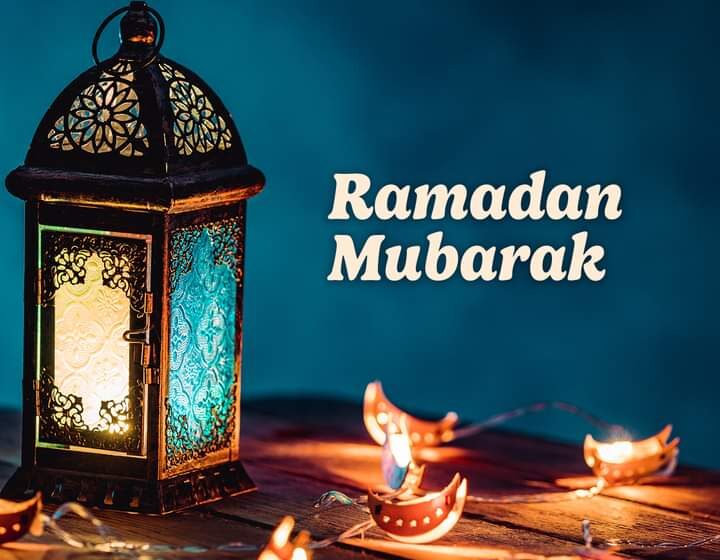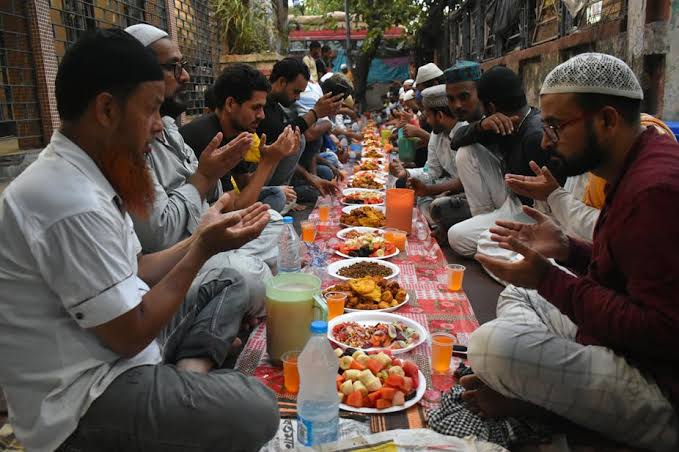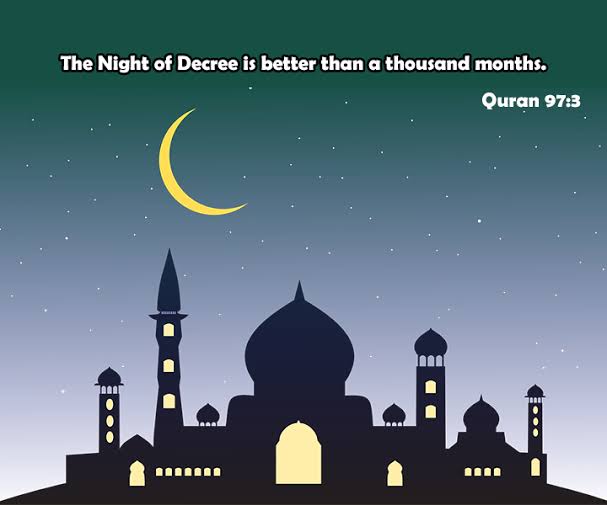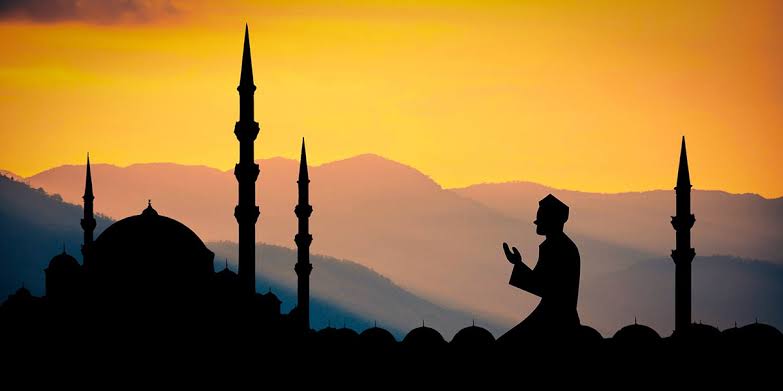Six reasons Ramadan is called Ramadan

Ramadan, the ninth month of the Islamic lunar calendar, spans either 29 or 30 days, determined by the visibility of the new crescent moon. Originating from pre-Islamic Arabia, the term Ramadan signifies intense heat, reflecting its association with a scorching hot summer month.
However, in the Islamic calendar, Ramadan’s timing shifts annually. This year, it commences at sunset on March 11, subject to the sighting of the new moon, highlighting the variance in the Islamic and Gregorian calendars, with the former being approximately 11 days shorter.
What is the significance of Ramadan?
Ramadan stands as a cornerstone of Islam, embodying fasting and spiritual elevation, alongside the pillars of faith declaration, daily prayers, almsgiving, and the pilgrimage to Mecca. During this sacred month, observant Muslims, in good health, refrain from eating, drinking, and intimate relations from dawn until sunset daily.
Read related story:
- Ramadan: 10 health tips for Muslims to stay cool amid heatwave
- Ramadan: Here’s how Muslim women can delay their menstrual cycles to fast
- Ramadan: When couples can have intercourse
- 10 things to avoid during Ramadan
Additionally, many engage in extra prayers, particularly at night, and strive to recite the entire Quran. It’s widely believed among Muslims that the Quran’s revelation to Prophet Muhammad occurred during the last ten nights of Ramadan.
What is the connection between soul and body that the observance of Ramadan seeks to explain?
The Quran teaches that fasting was ordained for believers to cultivate consciousness of God. By refraining from daily necessities like water, believers are encouraged to ponder life’s purpose and draw nearer to the creator.
Engaging in wrongdoing during fasting undermines its purpose. Additionally, many Muslims believe fasting fosters empathy by providing a glimpse into the experience of poverty.
Can Muslims skip fasting under certain conditions? If so, do they make up missed days?
People who are physically unable to fast due to illness or old age, as well as travelers, are not required to fast. However, they are expected to make up for the missed days later on.
It’s possible to compensate for all the missed days during the month of Shawwal, immediately following Ramadan. Those who cannot fast at all are encouraged to provide meals to the less fortunate if they can afford it.
What is the significance of 29 or 30 days of fasting?
Through an extended period of fasting, devout Muslims seek to nurture attitudes and values that span an entire year, akin to a spiritual training camp, with Ramadan as its centerpiece. Alongside the pangs of hunger and thirst, adherents contend with fatigue from late-night prayers and pre-dawn meals, particularly intensified during the concluding 10 nights.
These nights hold profound significance as the time of the Quran’s revelation and are esteemed for the magnified divine rewards, prompting many to engage in extra prayers.
Do Muslims celebrate the completion of Ramadan?
However Ramadan heralds the start of one of Islam’s significant festivals, Eid al-Fitr, also known as the “festival of the breaking of the fast.” During this occasion, numerous Muslims partake in religious observances, gather with loved ones, and engage in the tradition of gift-giving.




